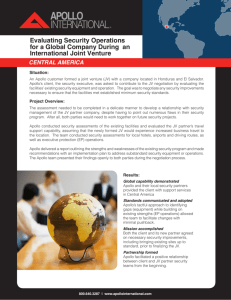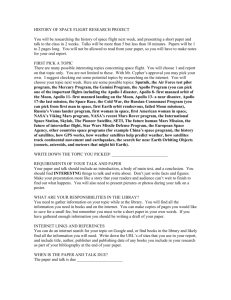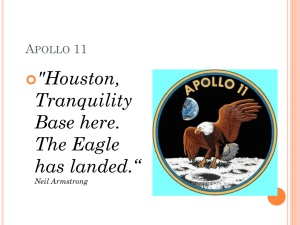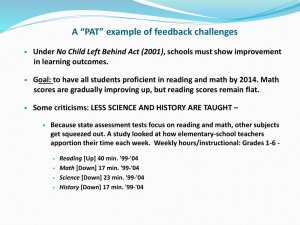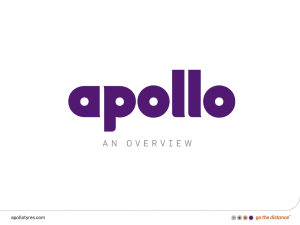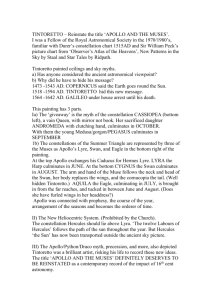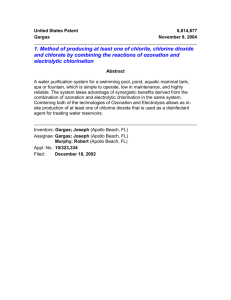The Apollo Profile
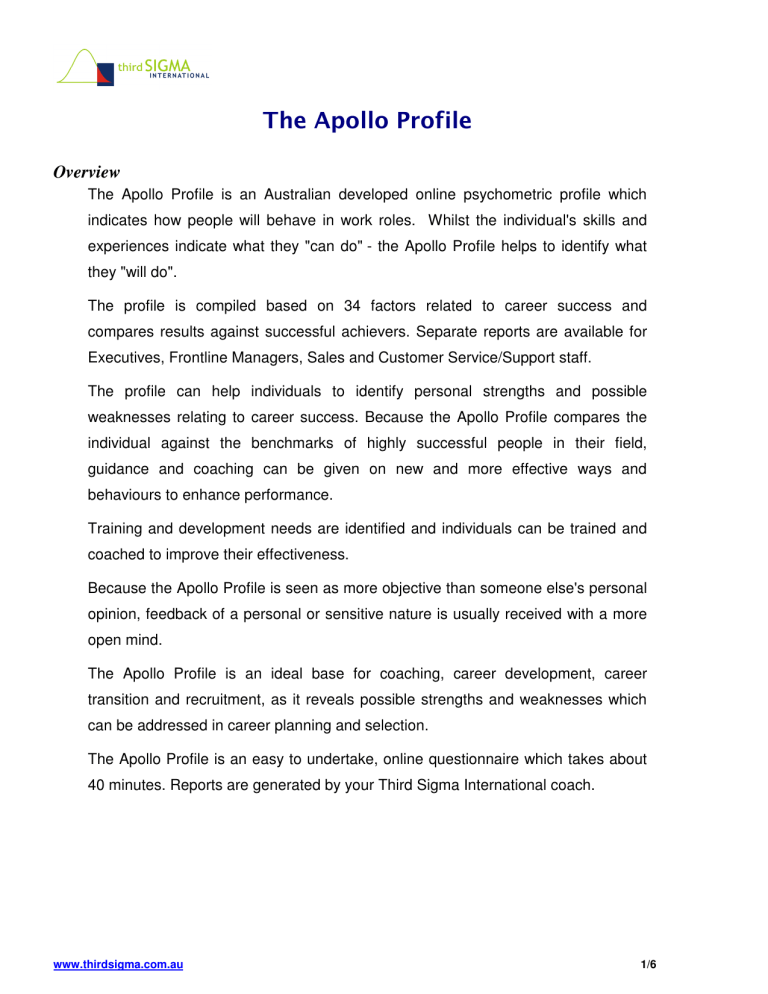
The Apollo Profile
Overview
The Apollo Profile is an Australian developed online psychometric profile which indicates how people will behave in work roles. Whilst the individual's skills and experiences indicate what they "can do" - the Apollo Profile helps to identify what they "will do".
The profile is compiled based on 34 factors related to career success and compares results against successful achievers. Separate reports are available for
Executives, Frontline Managers, Sales and Customer Service/Support staff.
The profile can help individuals to identify personal strengths and possible weaknesses relating to career success. Because the Apollo Profile compares the individual against the benchmarks of highly successful people in their field, guidance and coaching can be given on new and more effective ways and behaviours to enhance performance.
Training and development needs are identified and individuals can be trained and coached to improve their effectiveness.
Because the Apollo Profile is seen as more objective than someone else's personal opinion, feedback of a personal or sensitive nature is usually received with a more open mind.
The Apollo Profile is an ideal base for coaching, career development, career transition and recruitment, as it reveals possible strengths and weaknesses which can be addressed in career planning and selection.
The Apollo Profile is an easy to undertake, online questionnaire which takes about
40 minutes. Reports are generated by your Third Sigma International coach. www.thirdsigma.com.au
1/6
Uses
The Apollo Profile has been designed to be a multi-purpose instrument measuring work preferences, motivations, and values. It is intended for career assessment and development of individuals and organisations, and has many career related uses.
The profile is useful as a basis for Coaching, Identification of Development Needs,
Organisational Benchmarking; and Recruitment.
The Apollo Profile is in the category of career related “personality measurement,” and does not measure intelligence, technical skills, numeracy, or literacy. Narrative feedback is generally expressed in behavioural terms so that candidates can recognise their actions, and modify them if appropriate.
Career Roles and The Apollo Profile
People can be said to have two aspects to their total performance potential when thinking about their career roles.
One aspect consists of a person’s competencies, acquired through education, experience, training, skills, and knowledge, combined with inherited and developed physical and intelligence capabilities. This could be called the “CAN DO” side of a person.
The other aspect consists of a person’s expressive make-up and style, including motivations, beliefs, attitudes, values and preferences. This could be called the
“WILL DO” side of a person.
Both the CAN DO and WILL DO aspects of a person must be appropriate for full potential and productivity to be obtained in their specific work role.
Often employees may be working well. Improved performance, service or productivity could nevertheless result from first analysing strengths and weaknesses in a work position, or section, or role, and then providing appropriate development, training or other direct job support. The Apollo Profile can help on both diagnostic and developmental levels. www.thirdsigma.com.au
2/6
CAN DO factors are relatively easy to address with training, coaching, or competencies development and similar, or other strategies such as transfer, which can bring about improvement in the position.
The WILL DO area is more problematic. It means that a person has lost motivation, or does not like (prefer) the work they are doing, or has the “wrong” attitude.
Solutions are usually more difficult to determine for WILL DO factors. Depending on the circumstances, they may involve one or more of the following strategies: job redesign or changes in duties, special or specific training tailored for the individual or group of individuals, performance management strategies including goal and path clarification, changes in work reward systems related to the position, transfer to a more suitable and motivating position for the person, and outplacement.
Sometimes the source of under-performance is personal. In this case use of appropriate personal career counselling or employee assistance programs is appropriate. The Apollo Profile provides information that can be of value in all these circumstances.
As well as being of use in performance management, appraisal and career development as just indicated, the Apollo Profile can also be useful in selection of individuals in the workplace, for projects and for team and committee roles. During a job selection process, it is generally easy enough to determine an applicant’s
CAN DO factors, but assessing the personal, emotional, and stylistic WILL DO factors requires the application of special tools and techniques.
The Apollo Profile therefore is concerned with helping career performance by identifying or diagnosing factors that can be improved for a person in a specific role or organisation. Development and training decisions can then be taken to enhance skill and career development of both the individuals concerned and the organisation. www.thirdsigma.com.au
3/6
Reporting
When interpreting the meanings of The Apollo Profile, it is important to look at the whole picture, not just the exceptions.
Consideration needs to be given to the highest and lowest scores shown on the Log report, as generally speaking these have the strongest influence on a person’s behaviour.
Because The Apollo Profile is comprehensive and reports each separate factor, there may appear to be overlap or contradiction in some comments. Again, the interpretation needs to be based on the whole report after taking this into account.
Relevance must also be established between factors reported and the actual job requirements, regardless of whether The Apollo Profile reports them as primary or secondary, or amber, red or green.
Under normal circumstances positions or duties requiring strong emphasis on a factor could be handled in a number of ways: By specific training in how to handle the difficult area; by developing one’s own awareness of the need to be alert in the aspect (self-monitoring including self development and reading); by emphasis on restructuring duties, for example; providing backup support in a team approach; by transferring to other positions where the emphasis is less important; or by using combinations of these ways. A person may be handling the factor satisfactorily at work, with the amber and red coding indicating however that special attention may be needed under stringent circumstances. www.thirdsigma.com.au
4/6
Limitations
Measurement or assessment appraisal tools such as The Apollo Profile can provide guidelines only for candidates and users. These instruments are largely based on statistically derived data, which, by definition, imposes limits to the constructs under examination and the way in which they are reported.
Human beings represent an infinite array of actions, intentions and possibilities. No report can ever be 100 percent correct or apply entirely to the specific individual concerned.
Information on Statistical validity and Reliability is available on request.
Request More Information
Call us on 1300 766 092, or email us at info@thirdsigmacom.au
to discuss
Individual uses or Organisational Benchmarking using the Apollo Profile.
The Factors Measured by Apollo
Career Drives
Achievement P
Ambition P
Remuneration S
Recognition S
Independence S
Conflict Management Style
Assertive S
Competitive S
Collaboration S
Compromising S www.thirdsigma.com.au
5/6
Coping
Stress Resilience P
Sensitivity S
Security S
Responsibility P
Leadership and Influence
Directive P
Delegating P
Coaching S
Power P
Persuasion P
Decisive P
People Orientation
Agreeable P
Teamwork S
Extraversion S
Intimacy S
Strategic Orientation
Innovation P
Proactive P
Analysing P
Goal Setting S
Values
Altruism S
Trust S
Loyalty S
Conforming S
Workplace Management
Conscientious P
Detail S
Self Organisation S www.thirdsigma.com.au
6/6
